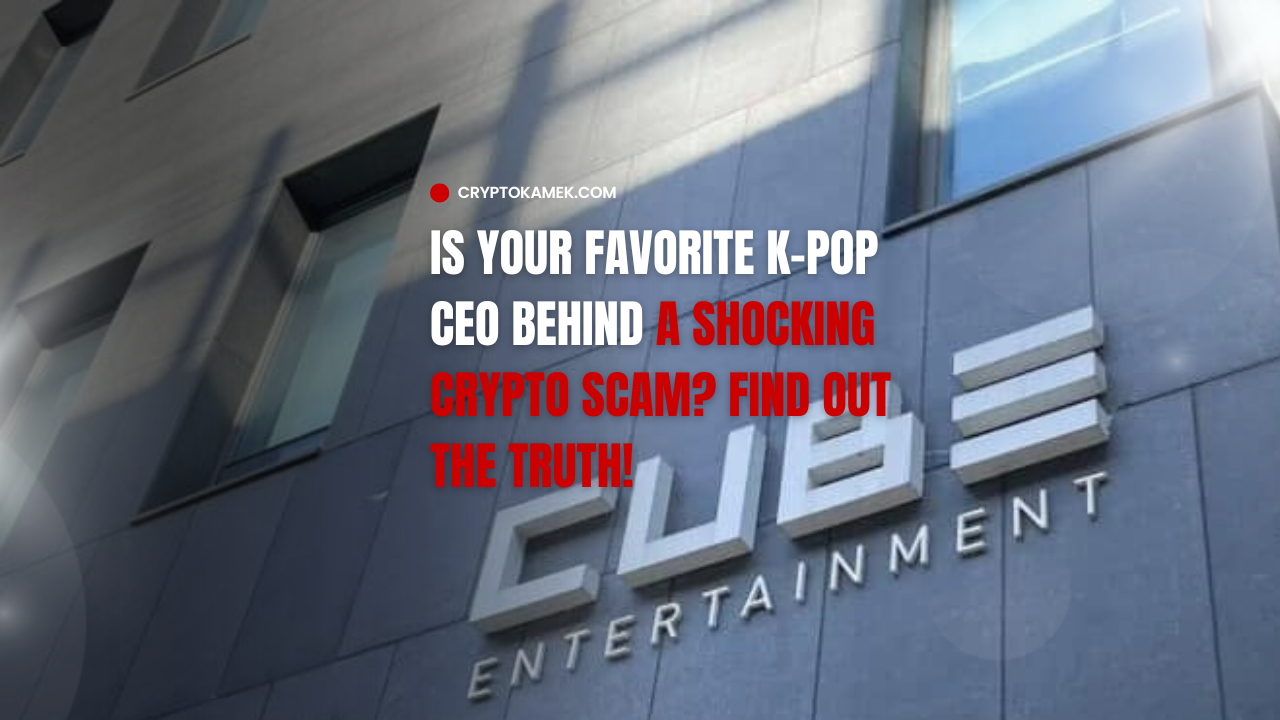

Hawk Tuah Girl’s $HAWK: Scam or Misunderstanding?
The cryptocurrency world is no stranger to controversy, but one recent incident has brought together attention from both crypto enthusiasts and the wider public. This controversy surrounds Hailey Welch, often known as the “Hawk Tuah girl,” and her cryptocurrency project, $HAWK. After the coin’s quick rise and fall, accusations of fraud began swirling, with some calling for her arrest. But what really happened? Was $HAWK a scam, or just a misunderstood project in a volatile market? Let’s explore the story behind it all.
The Rise of Hailey Welch
Hailey Welch first gained viral fame from a unique and candid interview, where she openly discussed her unconventional approach to relationships. Her humor, openness, and ability to entertain struck a chord with many, making her an internet personality worth following. But as fame tends to do, it opened new doors for her. She ventured into various business endeavors, from merchandise to a podcast called “Talk Tuah,” where she shared more of her thoughts and ideas.
It was in December 2024 that Welch took a bold step into the world of cryptocurrency, launching $HAWK, a digital coin that quickly became a topic of conversation across social media platforms.
The Launch of $HAWK: A Meteoric Rise
The Early Days of Success
When $HAWK launched, the response was explosive. Within hours, the cryptocurrency’s market cap soared to nearly $490 million, making waves within the digital currency community. For a coin associated with a viral celebrity, this rapid rise was a sign of immense interest and excitement. Fans, investors, and speculators alike jumped on the bandwagon, eager to be a part of this seemingly promising new venture.
But as is often the case with such volatile markets, the excitement didn’t last. The coin’s value soon took a sharp dive, falling by more than 95%. What had been seen as a golden opportunity quickly became a source of financial despair for many investors.
Allegations of Fraud: Was It a “Pump and Dump”?
The dramatic drop in $HAWK’s value led many to question Welch’s intentions. Accusations of fraud began circulating, with some claiming that Welch had orchestrated a “pump and dump” scheme. This is a fraudulent practice where the price of a cryptocurrency is artificially inflated, often through hype and manipulation, only to have the creators sell off their holdings once the price peaks. The result is a sharp fall in the coin’s value, leaving unsuspecting investors with worthless tokens.
YouTube investigator Coffeezilla was one of the most vocal critics, accusing Welch of taking advantage of her fanbase, many of whom lacked the experience to fully understand the risks involved in cryptocurrency trading. He suggested that Welch had used her influence to profit at the expense of her followers.
However, Hailey Welch has strongly denied these accusations. She has insisted that neither she nor her team sold any tokens during or after the launch. In her defense, she explained that high transaction fees were intentionally implemented to discourage “snipers” — traders who quickly buy and sell in an attempt to profit from small price fluctuations.
The Response: Supporters vs. Critics
Backlash on Social Media
Naturally, social media was ablaze with reactions to the $HAWK crash. Many investors, particularly those who lost significant amounts of money, were vocal in their condemnation. Some called for legal action, demanding Welch’s arrest for what they believed was a deceptive and exploitative move. Critics described her actions as predatory, especially considering that many of her investors were fans who might not have fully understood the complexities and risks of cryptocurrency investments.
But not everyone agreed.
A Defense of Welch
In contrast to the backlash, some of Welch’s supporters have come to her defense. They argue that the volatility seen in cryptocurrency markets is nothing new, and the sharp price drops in $HAWK were simply the result of market forces, not fraudulent intent. Cryptocurrency is notoriously unpredictable, and sudden drops in value are common in the space. Supporters also pointed out that there was no concrete evidence that Welch had sold her tokens or acted with malicious intent.
Welch herself has attempted to clarify her position, posting on social media platforms to address the accusations. She has emphasized that her team did not liquidate any assets and that their goal was not to deceive anyone. While the public perception may not always align with her statements, it’s clear that she is trying to reassure her audience that the coin’s failure wasn’t a deliberate scheme to profit from others’ losses.
Legal Implications: Could Hailey Welch Face Charges?
The Question of Legal Action
As the controversy rages on, the legal question remains: could Hailey Welch face any legal consequences for the $HAWK launch? Legal experts are divided on the issue. Some believe that if there is enough evidence of intentional wrongdoing, Welch could be held accountable for any losses incurred by investors. However, proving fraud in the cryptocurrency space is notoriously difficult. Cryptocurrency regulations remain murky in many jurisdictions, and proving malicious intent in such a volatile market can be challenging.
In an interesting turn of events, a law firm has already stepped forward, offering to assist victims of $HAWK in seeking restitution for their losses. This suggests that legal action may be on the horizon, but whether it will lead to any formal charges remains uncertain.
The Complex World of Cryptocurrency Regulation
This entire incident brings to light the need for clearer and more comprehensive regulations within the cryptocurrency space. The industry is growing rapidly, and as it does, more and more people are entering it without fully understanding the risks involved. Events like the $HAWK crash may push regulators to take a closer look at how cryptocurrencies are marketed and launched.
The lack of transparency and oversight in the cryptocurrency market is something that needs to be addressed. Investors should be able to trust that the projects they invest in are legitimate, and that creators are held accountable for their actions. As the market evolves, this will likely become an area of intense focus for both regulators and the crypto community itself.
Conclusion
The $HAWK saga is a complicated and ongoing story, one that serves as a reminder of the volatility and risk inherent in the world of cryptocurrencies. Whether Hailey Welch intentionally misled her investors or was simply caught in the unpredictable nature of the market is still up for debate. However, this incident underscores the need for caution when investing in new and untested digital assets, particularly those linked to viral personalities.
For investors, the key takeaway here is to always do thorough research before jumping into any cryptocurrency project. Don’t invest based solely on hype, celebrity endorsements, or social media trends. Cryptocurrency can offer significant rewards, but it also carries substantial risk.
The fate of $HAWK and its creator remains uncertain, but one thing is clear: this controversy has brought attention to some of the most pressing issues in the cryptocurrency space. As the industry matures, the need for transparency, regulation, and accountability will only grow stronger. Hopefully, the lessons learned from this incident will help create a safer environment for both investors and creators in the future.
In the end, Hailey Welch’s journey shows how quickly public opinion can shift when money is on the line. While the future of $HAWK remains uncertain, this incident is a powerful reminder of how volatile and unpredictable the world of cryptocurrencies can be. It serves as a warning to investors to proceed with caution and to always be aware of the risks involved.
Source:
- Hawk Tuah girl faces severe backlash as $HAWK coin crashes from $500M to $60M in minutes; how internet reacted
- Sell that thang: Hawk Tuah girl faces ‘pump and dump’ allegations as crypto coin collapses hours after launch
- Online star Hawk Tuah girl faces crypto coin criticism






